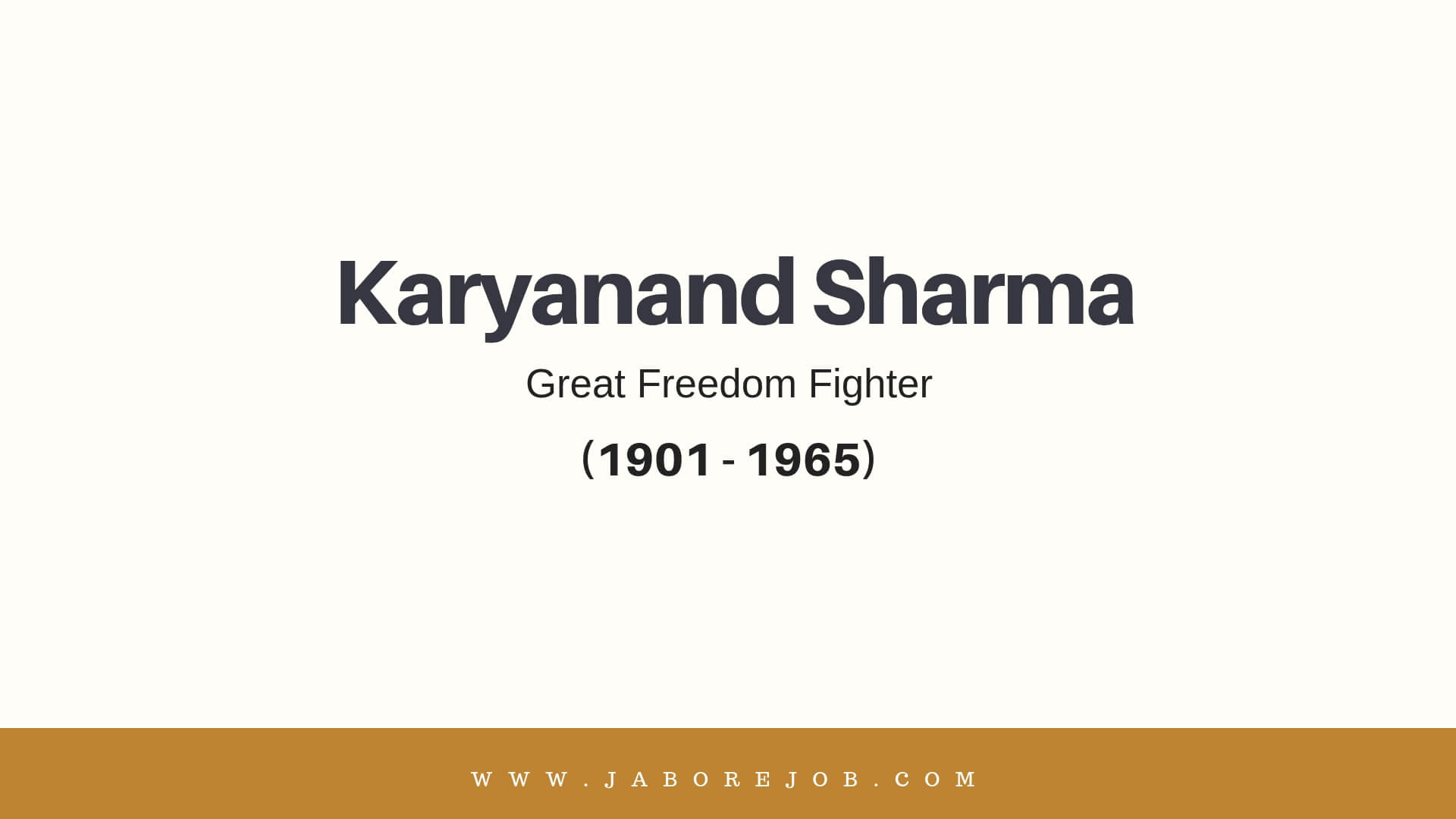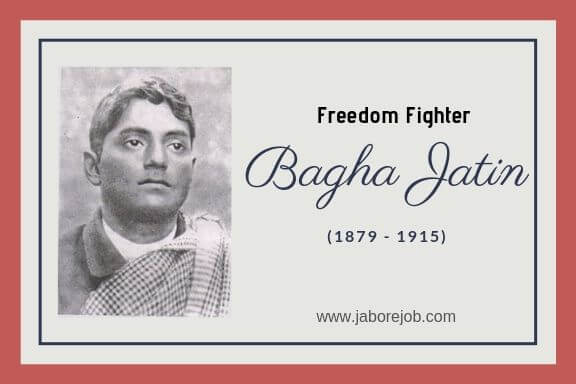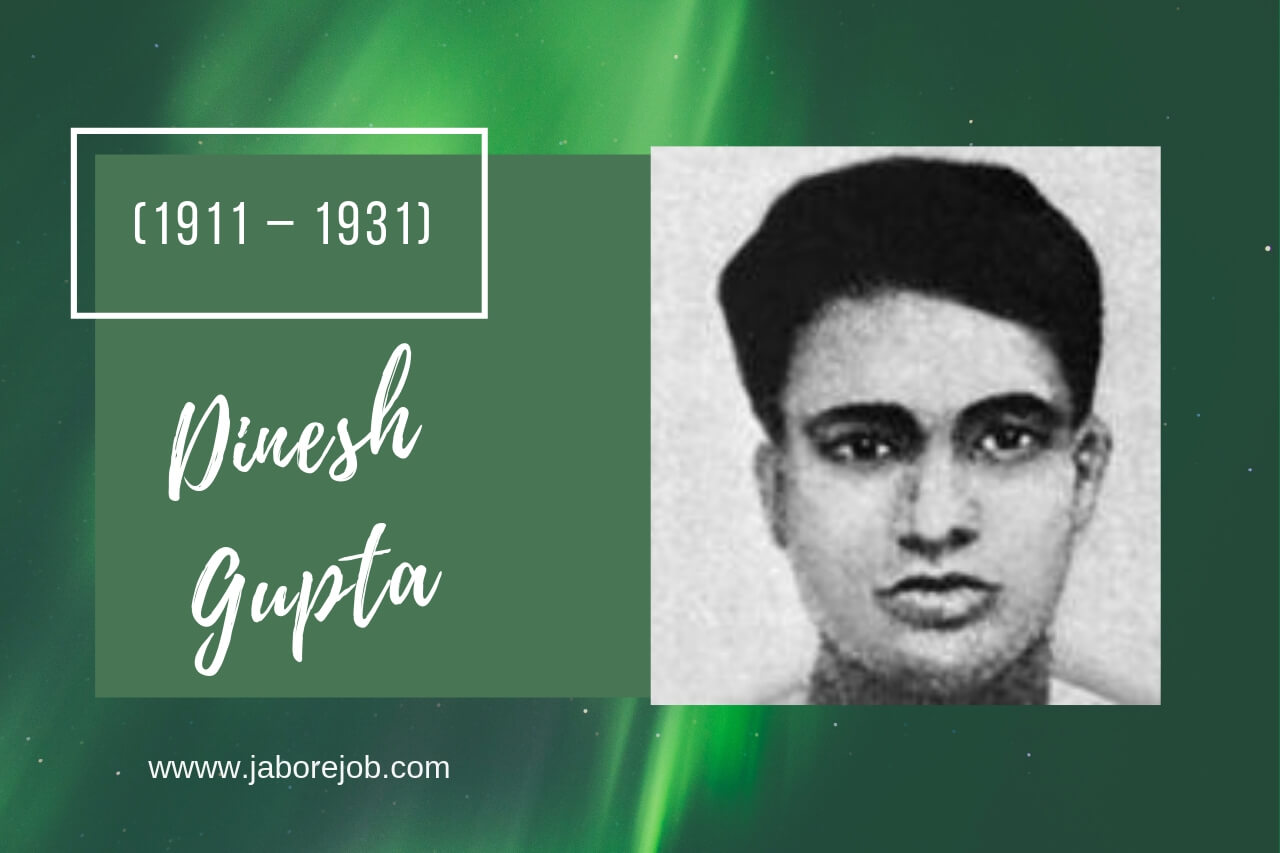Surendranath Banerjee was an active freedom fighter who had born in Calcutta, later became a politician as well in the British ruling period and he was opposing them.
National Indian Association was the first political organization in India, he was one of the founders. He has also been named a principal leader of the Indian National Congress.
Surendranath Banerjee Information
- Name: Surendranath Banerjee
- Date of Birth: 10th November 1848
- Birth Place: Kolkata
- Father: Durga Charan Banerjee
- Education: Presidency University, University of Calcutta
- Books: A nation in making, Speeches by Babu Surendra Nath Banerjea, 1876-80
- Party: Indian National Congress
- Date of Death: 6th August 1925
- Death Place: Barrackpore
Overview of Surendranath Banerjee
a) Surendranath Banerjee was born in 1848 in Calcutta, West Bengal.
b) He has completed the examination of the Indian public administration but was not allowed to work because of racial discrimination.
c) Surendranath Banerjee founded the National Indian Association with Ananda Mohan Bose in 1876 to bring together Hindus and Muslims for political action.
d) Surendranath also founded the Federation of National Liberation of India.
e) He merged the INA with the Indian National Congress in 1886 because of their common goals.
f) In 1879, he founded the newspaper The Bengalee.
g) Surendranath Banerjee was the first Indian arrested for journalism.
h) Founded Ripon College (now called Surendranath College) in Calcutta in 1882.
i) He was elected president of the INC in 1895 in Poona and in 1902 in Ahmedabad.
A Nation in Making – a book written by Surendranath Banerjee.
History of Surendranath Banerjee
Surendranath Banerjee was born in a Brahmin family. His father, Durga Charan Banerjee was a doctor. Durga Charan had progressive thinking and Banerjee was deeply influenced by him. He studied at the Parental Academic Institution and then at the Hindi University.
Then, his main objective was to break Indian civil services and compete with him, in 1868 he traveled to England. He passed the exam and became the second candidate to pass the exam. He was appointed deputy magistrate in his homeland, Sylhet.
But, due to racial discrimination, he was dismissed from his position and decided to protest against that. He went to England, but all his efforts were useless. He began to study the work of liberal philosophers, particularly Edmund Burke.
These studies influenced his thinking to the extreme and guided him in his protest against the British. Later, Surendranath Banerjee also received the name, Indian Burke.
Surendranath Banerjee Political Career
In 1875 he returned to India and became a professor of English at the Metropolitan Institution and the Institution of the Free Church.
Then, in 1882, he found Ripon College and began lecturing there. He began to give public speeches and his main themes were liberal and nationalist politics.
He was also interested in talking about the history of India. On July 26, 1876, he founded the National Indian Association in collaboration with Ananda Mohan Bose.
His Fight and Protest
Surendranath took to public life in 1876, the year during which he supported the Indian Association. The article of the Association was to agitate for the introduction of political reforms in the Republic of India.
In 1877, the age limit for the government officials Examination was reduced from twenty-one to nineteen. Surendranath created a tour of the Republic of India, complaintive against the reduction of the utmost age-limit.
He intrepidly criticized such measures because of the Arms Act and therefore the Vernacular Press Act.
Surendranath was elected to the Calcutta Corporation in 1876 and was there for over 20 years. He was elective to the geographical region legislature in 1894, 1896 and 1900. Surendranath reworked his civic and political duties into suggests that to serve folks
“The nice words ‘Representative Institutions’ were written in characters of gold within the banner that the Congress unfurled… each nation should be the arbiter of its own destinies.”
This organization was a corrective solution to provide relaxation due to age issues to the Indian students that appear in the ICS exams. He also founded the newspaper, The Bengalee in 1879.
After 4 years, in 1883, he published some commentaries in his newspaper and was arrested, which provoked protests throughout Bengal.
In addition, these protests have increased in some Indian cities such as Agra, Amritsar, Lahore, Pune, and Faizabad. INA grew faster than ever and many delegates from across the country joined. INA organized an annual conference in Kolkata, attended by all delegates.
In 1885, Surendranath Banerjee founded the Indian National Congress in Bombay and merged it with INA and set himself the main goal of going further. On the way to this task, he was also twice elected President of Congress.
First in 1985 in Poona and then in Ahmedabad in 1902. He was one of the main demonstrators of the Bengal demonstration in 1905 and was one of the most influential public leaders in India.
As a pioneer Indian leader, Surendranath Banerjee is remembered throughout the world and is respected today. “A Nation in the Making”, he published it and was widely acclaimed.
The British respected him a lot and in his last years, they proudly called him Surrender not Banerjee. He died on August 6, 1925, in Barrackpore.















